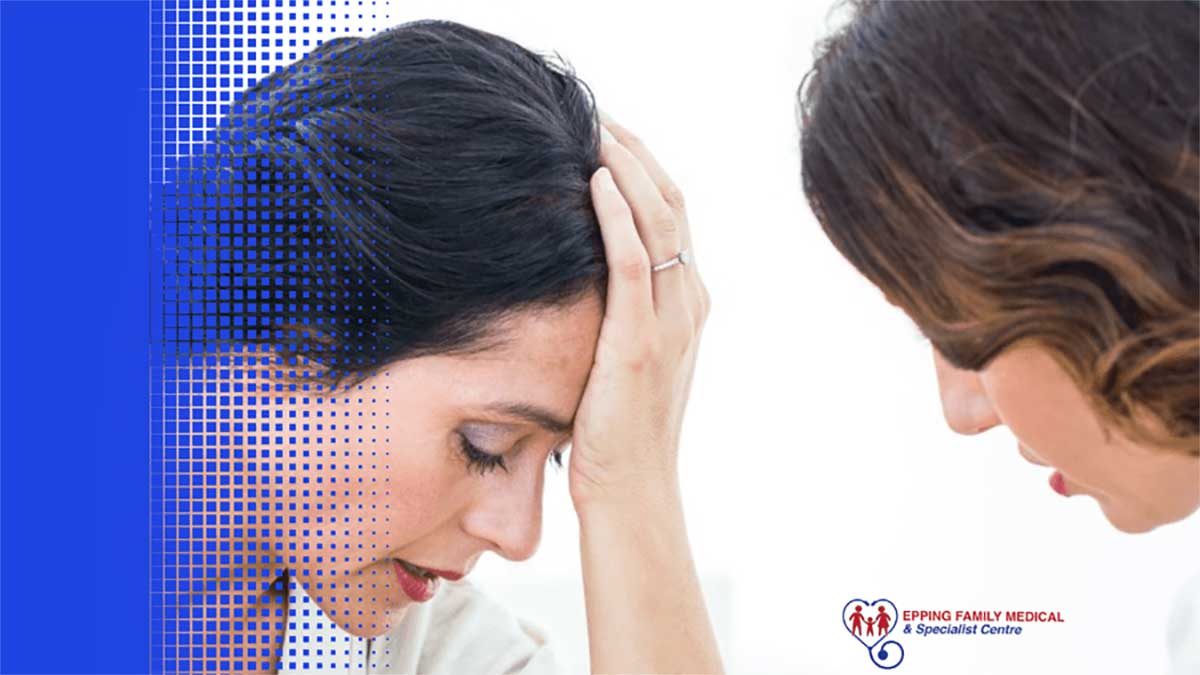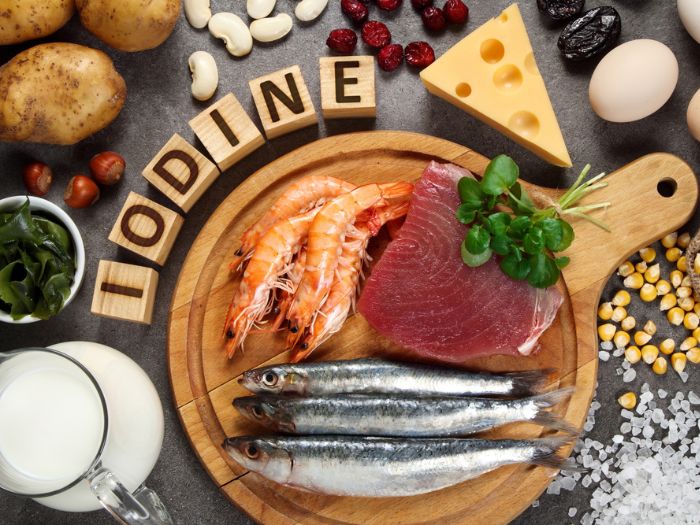Iron deficiency is considered to be a physical condition, but there is a strong association between iron deficiency and struggling mental health.
Iron is a vital element that influences many other bodily functions. It is one of the main contributors to provide us with oxygenated blood. It keeps our brain and immune system ticking and provides energy for daily life. In short, Iron is an essential nutrient for survival.
A deficiency of iron occurs when there is not enough iron in the body. It may develop as a result of eating an iron-deficient diet, loss through sweat, blood loss in women and shredding intestinal cells.
Iron deficiency can make the difference between making you feel at the top of the world or downright sluggish. In addition, it is blamed for poor mental health such as causing anxiety and depression in people with lower iron levels.
The link between iron deficiency and mental health
Iron is an important component in the production of hemoglobin, a protein that allows red blood cells to carry oxygen to your tissues and muscles.
Low levels of iron mean lesser oxygen will reach your cells, keeping them from functioning properly and often leading to many health issues.
And since iron is an essential element for brain functions that can dictate psychological behaviours, low iron levels in the body may put you at risk for a variety of mental health issues such as anxiety and depression.
For instance, the prevalence of iron deficiency has been reported to be higher in patients with psychiatric disorders, including depression, than in the general population.
Another study on iron deficiency and its association with mental health issues have found that people with iron deficiency anemia had a significantly higher incidence and risk of anxiety disorders, depression, and other psychotic disorders.
Iron deficiency is on the rise in Australian
Iron levels are dropping dangerously low among young Australians, especially in women.
A report on iron deficiency by the Medibank found that more than one million Australians are anaemic and young women aged 18-30 are typically among the worst affected.
There is also a growing concern on new diet trends that younger generations are avoiding the consumption of iron-rich foods.
How is iron deficiency diagnosed?
Only a doctor can confirm if you are deficient in iron. Iron deficient can be found by a blood test to look at your iron levels. You may also need other tests to find out what is causing the iron deficiency.
When should I see my doctor?

If you think your poor mental health is getting worse, visit a GP immediately. They can help with both the physical and mental health areas of iron deficiency.
In case you’re considering taking iron supplements, make sure you visit a doctor or a dietitian to get their advice on the right type of iron and dose for your needs.
Apart from symptoms like feeling low, anxious and just sad, look out for symptoms like:
- An unusual craving for non-nutritious food
- Feeling exhausted regularly without any strenuous work
- Inflammation and soreness in the throat
- Irregular heartbeats
- Headaches and dizziness
- Cold hands and feet
- Shortness of breath
- Fatigue
- Pale skin






